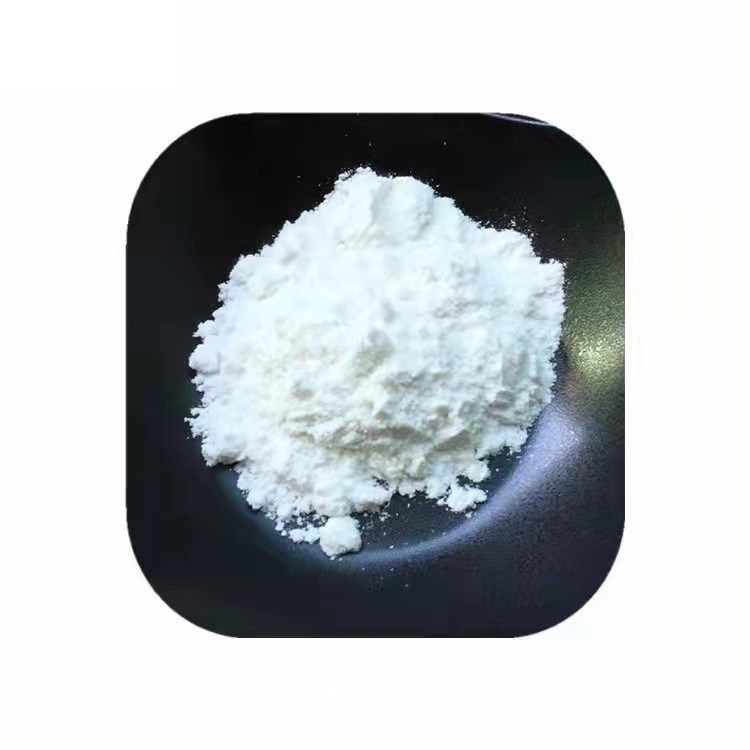Sales hotline
Sales hotline
Home >> Products >> Daily chemicals


CAS number:25513-46-6
molecular formula:C5H9NO4
molecular weight:147.13
EINECS number:200-293-7
POLY-L-GLUTAMIC ACID 15'000-50'000 SODIUM SALT;POLY-L-GLUTAMIC ACID 2'000-15'000;POLY-L-GLUTAMIC ACID 50'000-100'000 SODIUM SALT;L-GLU-(L-GLU)N-L-GLU;alpha-l-glutamicacidpolymer;glutamicacidpolymer;Poly-γ-Glutamic Acid(γ-PGA);γ-poly(L-glutamic acid) macromolecule
Food additives; Cosmetics; Nutrients; Chemical reagents; Amino acids; Raw materials; r-PGA polyglutamic acid. Sodium salt; cosmetic raw materials - moisturizing raw materials; biochemical reagents; cosmetic raw materials; agricultural; pesticide raw materials; medical raw materials; chemical raw materials; daily chemical raw materials; organic intermediates; organic chemicals; content products; chemical raw materials-catalysts; pharmaceutical raw materials; organic chemicals raw materials; general biochemical reagents-amino acids; reference substances; agricultural chemicals; Amino Acids; Homopolymers; Polyamino Acids
Polyglutamic acid (γ-PGA), also known as natto bacteria gum, polyglutamic acid, is a water-soluble, biodegradable, non-toxic, biopolymer obtained by microbial fermentation. γ-PGA polyglutamic acid is a sticky substance that was first discovered in "natto" -- fermented soybeans. γ-PGA polyglutamic acid is a special anionic natural polymer, which is formed by amide linkage between α-amino group (α-amino) and γ-carboxyl group (γ-caboxyl) The molecular weight of homo-polyamide γ-PGA varies from 50,000 to 2 million Daltons. Its moisturizing and locking effect is 500 times that of hyaluronic acid. Mainly used for moisturizing, whitening, antibacterial and promoting skin health.
Polyglutamic acid was first found to exist in the highly viscous drawing of Japanese natto food (fermented small soybeans), and it is referred to as γ-PGA in China. Biopolymerization through liquid fermentation produces decomposable high-molecular amino acid polymers.
● γ-Polyglutamic acid γ-PGA can be used as a nutrient for increasing plant yield
1. γ-Polyglutamic acid γ-PGA Hydrogel and γ-PGA super hydrophilic and water retention capacity
When submerged in the soil, a film will be formed on the surface of the root hair of the plant, which not only has the function of protecting the root hair, but also is the best transportation platform for the intimate contact of nutrients, water and root hair in the soil, which can effectively improve the fertilizer dissolution, storage, transport and absorption. Prevent the precipitation of sulfate, phosphate, oxalate and metal elements, so that crops can more effectively absorb phosphorus, calcium, magnesium and trace elements in the soil. Promote crop root development and enhance disease resistance.
2. γ-Polyglutamic acid γ-PGA Hydrogel and γ-PGA balance soil pH
It has excellent buffering capacity for acid and alkali, which can effectively balance the pH value of soil and avoid the acidic soil caused by long-term use of chemical fertilizers.
3. γ-Polyglutamic acid, γ-PGA Hydrogel and γ-PGA can combine and precipitate toxic heavy metals
It has excellent chelating effect on toxic heavy metals such as Pb+2, Cu+2, Cd+2, Cr+3, Al+3, As+4.
4. γ-Polyglutamic acid γ-PGA Hydrogel and γ-PGA can enhance plant disease resistance and resistance to stress
Integrates plant nutrients, water-active components in the soil, and enhances resistance to symptoms caused by soil-borne phytopathogens.
5. Promote production increase
It can rapidly increase the production of agricultural products such as tea, fruits and vegetables, and the increase in output can reach 10-20%.
Polyglutamic acid is a homopolymeric amino acid composed of glutamic acid monomers linked by amide bonds. It has environmental friendliness, super chelating adsorption capacity, super high water absorption and moisturizing capacity, and good biodegradation performance. Quality five application effects.
Polyglutamic acid can be divided into two types: water and powder according to the content and different applicable fertilizer formulations. Among them, water can be divided into seven types of 1001-1007, and powder can be divided into three types of 2001-2003. All formulations can be applied to the production of chlorine-based, sulfur-based, urea-based, and nitro-based fertilizers, as well as drum, shotcrete, tower, and extrusion granulation!
● Polyglutamic acid is mainly used in cosmetics and skin care products as a moisturizing agent and skin conditioning agent. The risk factor is 1. It is relatively safe and can be used with confidence. It generally has no effect on pregnant women, and polyglutamic acid does not cause acne.
Polyglutamic acid has a good effect on promoting the activity of fibroblasts, has a revitalizing effect, and can be used in anti-aging and anti-wrinkle cosmetics; Its properties such as stabilizing foam, moisturizing ability, and adsorption on hair are better than those of small molecular weight products. When used in hair water, it can antistatic and soften hair. Polyglutamic acid has the effect of whitening the skin.
● Moisturizing, whitening, antibacterial, and improving skin health
Sales hotline:

 Scan and consult wechat customer service
Scan and consult wechat customer service